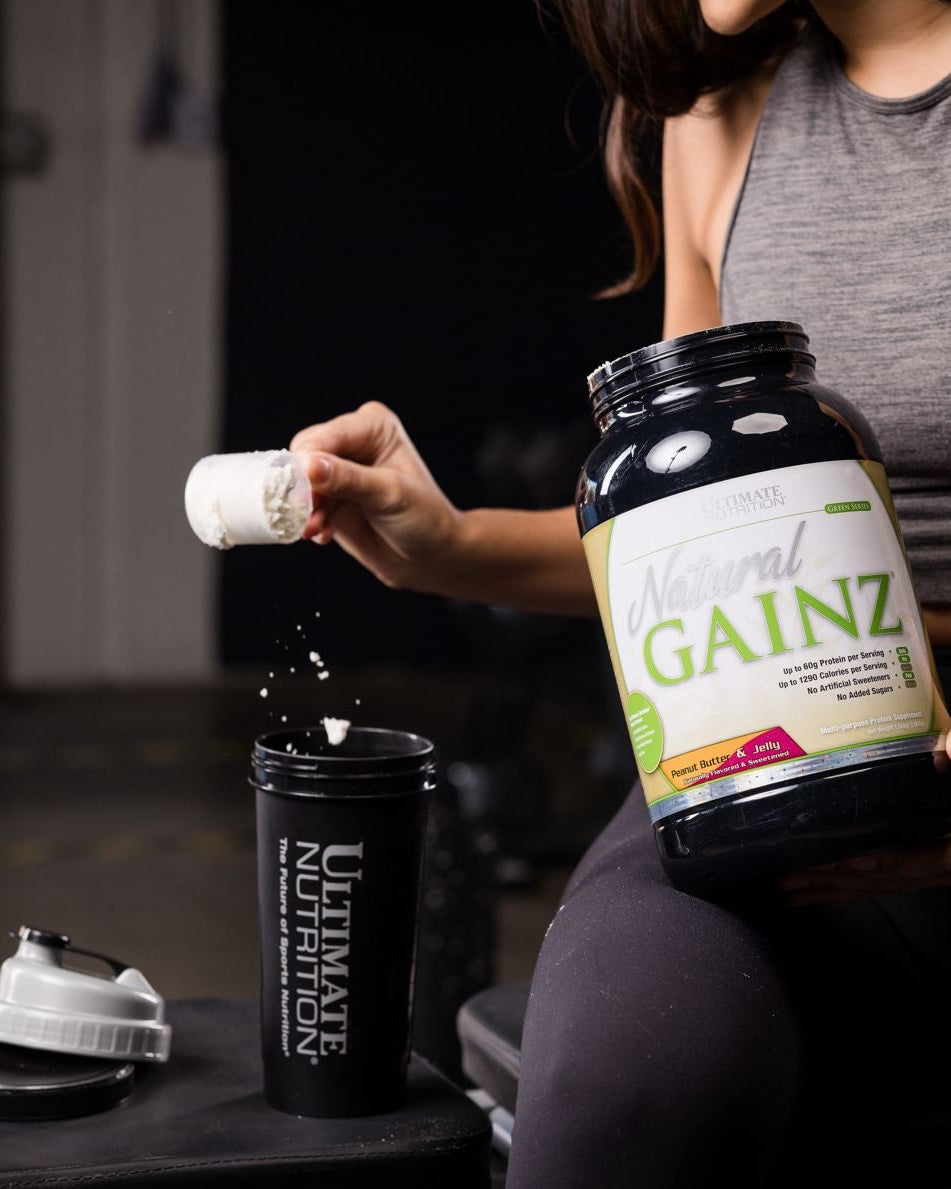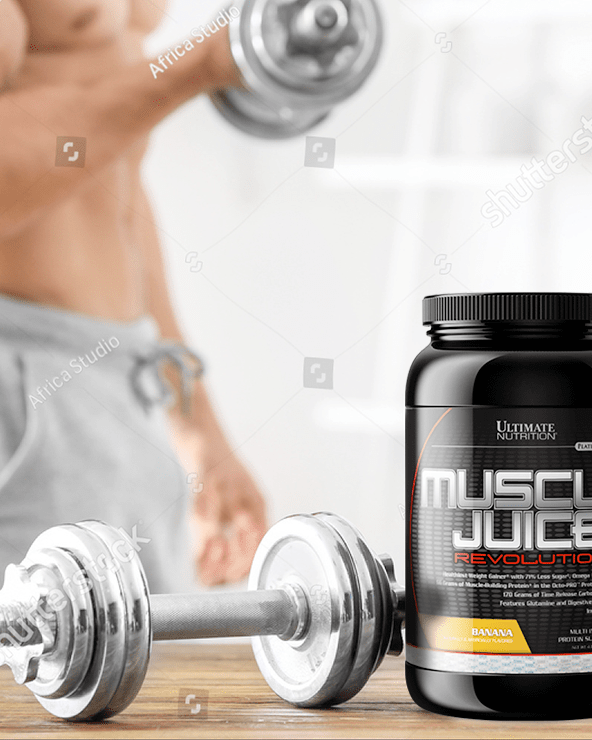Come on guys, these are the basics; eat your vegetables!
Ever since we switched from liquids to solids, they’ve been ingraining in us how important our vegetables are. Honestly though, the importance of veggies feels negligible when you’re fooling around on the playground. Now that you’re on the field and in the gym, you’re a lot more aware of how important those leafy greens are to helping you grow big and strong.
Although you may be just as hesitant now as you were then to dig into some veggie soup, or even worse, brussel sprouts, you’re a bit more willing at this point. If you want to keep pushing your physical limits and performing optimally, you know you have to start getting in the proper servings of vegetables each day.
No matter how frequently you’re hitting your protein goals, your body won’t function and recover as well if you don’t consume the micronutrients that come from fruits and vegetables.
Don’t worry; we don’t expect you to click out of this page with excitement to prepare a traditional salad; we know you’ve got things to do and need simple, concise, and painless ways to add more vegetables into your diet more often.
3 Ways To Eat More Vegetables

#1 Add Your Vegetables Into Desserts
Believe it or not, there are tons of dessert recipes packed with vegetables. These recipes are so delicious; you would never know the difference. From zucchini brownies to carrot cookies and even spinach muffins, people worldwide have found ways to turn veggies into a sweet treat.
You know how to get innovative in the kitchen; between making protein pancakes and protein pizza you definitely have a few tricks up your sleeve. Be honest with yourself; do you truly think you’d be able to find a few pieces of spinach blended into your cookie batter? Probably not.
You’ll have better luck creating dessert recipes with naturally flavorless vegetables, like spinach and cauliflower, or ones that are on the sweeter side, like carrots and beets.
We all need to treat ourselves every now and then, so kill two birds with one stone.
#2 Replace Processed Carbs With Vegetables
Sometimes your veggies can’t be as hidden as well as they are in a dessert, but they can still find their way into your everyday diet.
Rather than using spaghetti noodles, give zucchini noodles a try. Sure, zucchini noodles aren’t exactly the same in taste or texture, but they get the job done. There are many other substitutes you can make that will let you add in more vegetables, eat larger volumes of food, and cut down on your carb intake.
Swap your rice for cauliflower rice, wraps for lettuce leaves, and bread for bell peppers. Don’t be fooled into thinking you need to pack your fridge with vegetables and salads that ultimately end up spoiled in a few days. Take things slow and steady with vegetables that can make their way into your daily life.

#3 Drink Green Blends
Green smoothies have been around for decades, but we understand why you’ve stayed away. Traditional green blends either taste horrible or are packed with unnecessary added sugars and calories. Luckily for veggie haters, there are now revolutionizing vegetable replacement powders.
Ultimate Nutrition’s Veggie Greens powder was formulated with your body’s needs in mind. Filled with everything you could ask for in a vegetable supplement, Veggie Greens makes hitting your micros the simplest task imaginable. One scoop of Veggie Greens mixed in with 8oz of water or your favorite juice, and you’re good to go.
Why Your Veggies Matter
Vegetables are vital to helping you better your overall health; they’re the key to giving your body most of the nutrients it needs. Despite a lot of the conversation today surrounding macronutrients, a closer eye on your micronutrients could make a big difference in how you feel from day to day.
Vegetables Help Keep Your System in Balance
Every nutrient you consume has a role to play in helping your body function. Certain vitamins and minerals are meant to regulate your digestive system and help your body process ever-changing internal and external factors.
Factors such as stress can increase the level of acidity within our bodies, leading to other issues like the weakening of our lungs and kidneys. By contrast, most fruits, vegetables, herbs, and spices are alkalizing, which can help to keep our systems in balance. Green food concentrates such as barley greens, alfalfa, buckwheat, spinach, wheatgrass, and aloe vera can help balance the body's pH level, offsetting the acidity caused by environmental factors.
In addition to reducing acidity, green vegetables help push things out of our system that we don’t need, like metals and impurities.
Vegetables Can Be A Source of Essential Fatty Acids (EFAs)
Your body needs essential fatty acids (EFAs) just as it needs other essential vitamins and minerals. EFAs play a role in everything from carbohydrate metabolism to proper immune function to brain and cardiovascular health and energy production.
EFAs are something you should make sure you’re incorporating into your everyday diet, and Veggie Greens can help with that. Every serving of Veggie Greens comes with six essential fatty acids, including flaxseed, pumpkin seed, and sunflower oil.
Vegetables Can Help Increase Levels of Good Bacteria
Inulin is a dietary fiber that’s found in many plant-based foods and has been shown to promote regularity. Scientists have suggested that inulin and other fibers have potential health benefits that include maintaining colon health (as a prebiotic), increasing the absorption of minerals (particularly calcium), and promoting immune function.
Probiotics like kombucha, yogurt, and sauerkraut have been used for many years to increase the proportion of protective microflora in your body. Prebiotics in the lower digestive tract act as a food source for probiotics.

Although eating a wide variety of vegetables can ultimately help you experience all of the benefits mentioned above, very few of us consistently eat such a diverse range of veggies.
Sea vegetables are high in vitamins and minerals, while land vegetables supply phytonutrients and powerful antioxidant properties. Then, there are cruciferous vegetables such as broccoli, cauliflower, and brussel sprouts that have glucosinolates, which offer antimicrobial properties.
You could use a board to keep track of all your vegetables and when you eat them, or you can start incorporating Veggie Greens into your daily routine.
The Best Greens Powder
Ultimate Nutrition® Veggie Greens is a scientifically-formulated combination of over 62 phytonutrients from herbal extracts, prebiotics, probiotics, plant enzymes, essential fatty acids, super green foods, and land, sea, and cruciferous vegetables.
You’ll come across many greens supplements that try to do it all in one capsule, but many of these supplements prioritize one nutrient over another. Rather than filling your medicine cabinet with an array of supplements that work in different ways, use Veggie Greens to cover most of your bases in one glass of juice or water.
The ingredients in Veggie Greens work collectively to maintain the immune system, act as powerful antioxidants and anti-inflammatories, and energize the body. Even with the best of intentions, few of us eat the recommended five to eight servings of fruits and vegetables every day. Don’t overcomplicate things; turn to Veggie Greens.





















